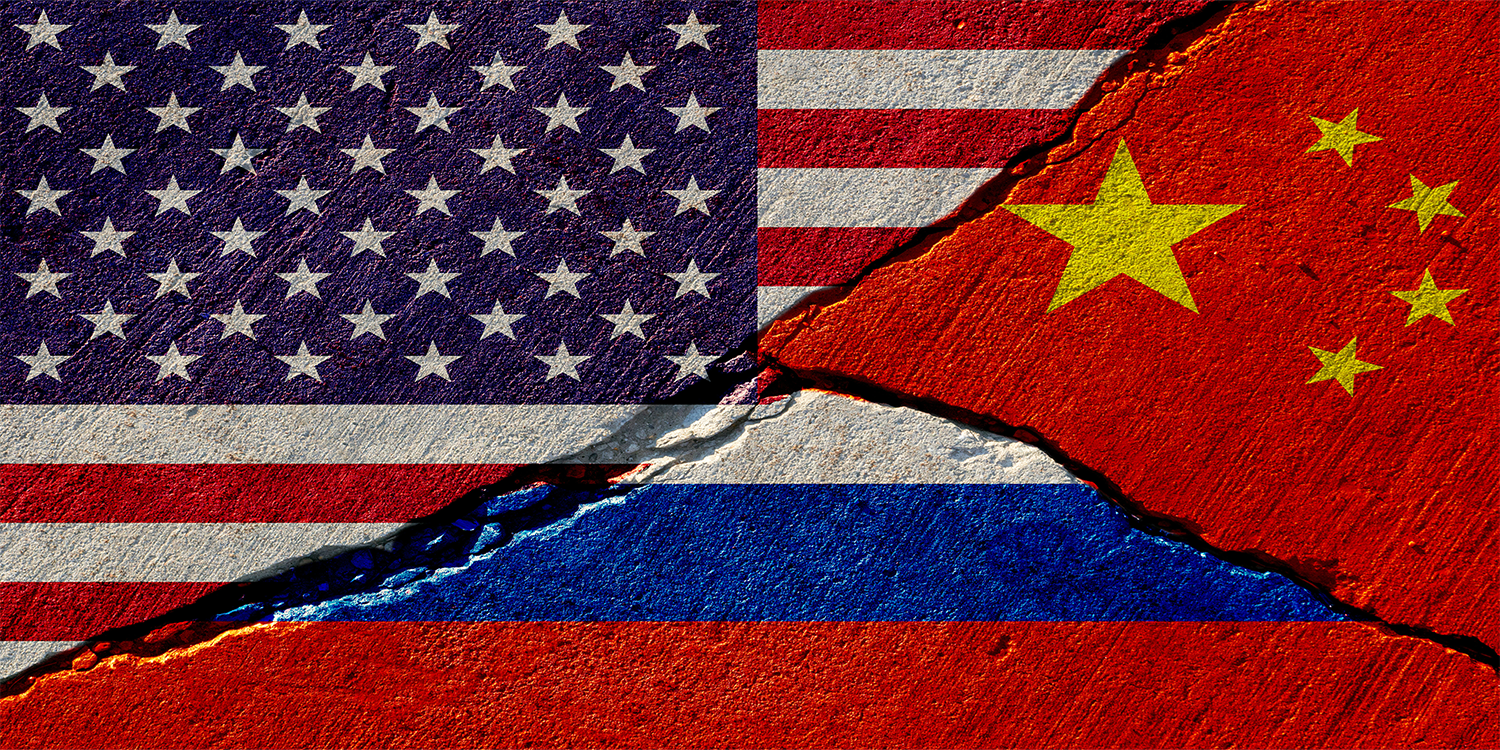Kerby Anderson
Trade sanctions are apparently the favorite foreign policy tool of the Biden administration. I don’t disagree with that. Better to impose sanctions than to fight a war with an evil regime. But we also need some common sense when it comes to sanctions and export bans.
A trade sanction is supposed to be a deterrent, but the verdict is out about how effective these are against a totalitarian regime. Unfortunately, a determined enemy will find a way to circumvent the sanctions. Some countries (like China) have deep enough pockets to weather the sanctions. Others (like Iran and North Korea) merely ignore the impact the sanctions have on their people.
A study by the Brookings Institute concluded that economic sanctions often “turn out to be little more than expressions of US preferences that hurt American economic interests without changing the target’s behavior for the better.” The current sanctions against Russia seem to be hurting the American consumer more than it is hurting Russia.
The problem is simple. We live in a large world and cannot begin to control global trade. There are numerous ports of entry. And there are numerous countries that would be glad to do business with an evil regime. Even if the official policy of the country is to support the US trade sanctions, there are too many customs officials and dock workers who can be bribed.
Russia, China, Iran, and North Korea may not all agree with one another. But they all have a vested interest in finding ways to work around trade sanctions. In the last few weeks, there have been stories of China finding ways to buy US semiconductors and a fleet of repurposed ships moving Russian oil to other countries.
It’s time for this administration to acknowledge that trade sanctions aren’t a very effective foreign policy tool.
 Listen Online
Listen Online Watch Online
Watch Online Find a Station in Your Area
Find a Station in Your Area











 Listen Now
Listen Now Watch Online
Watch Online
